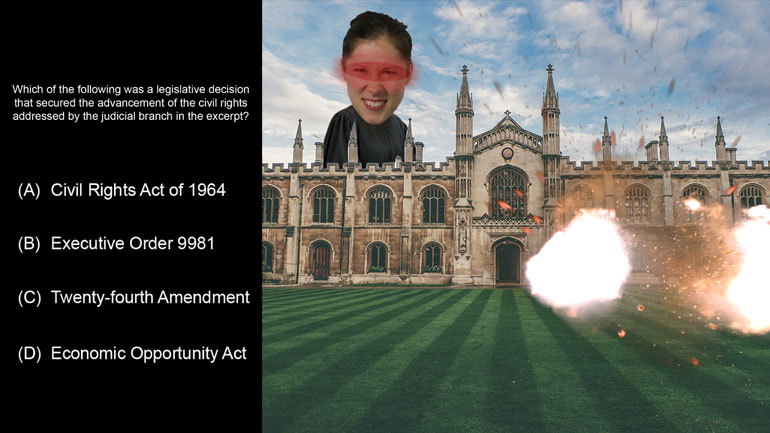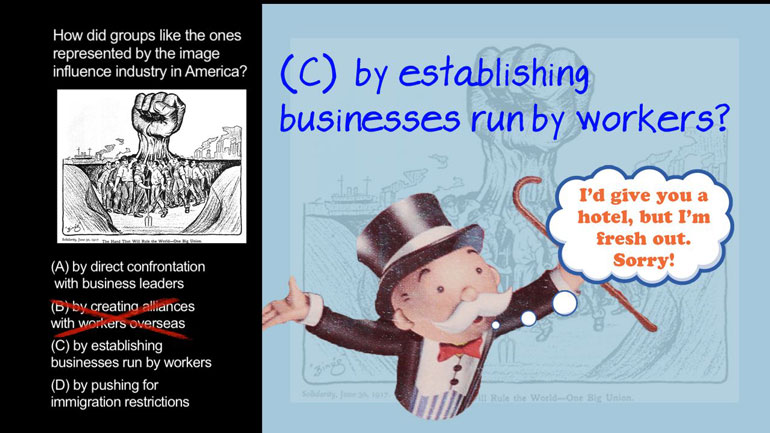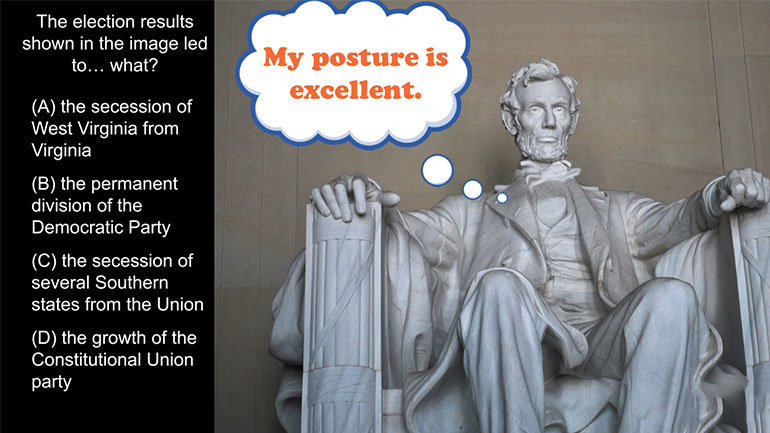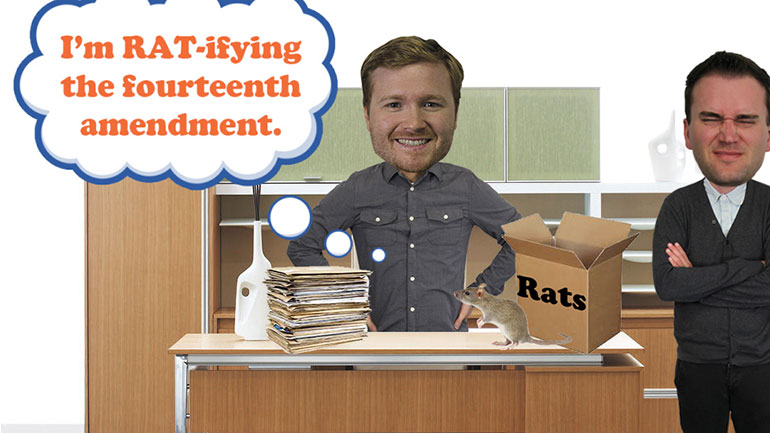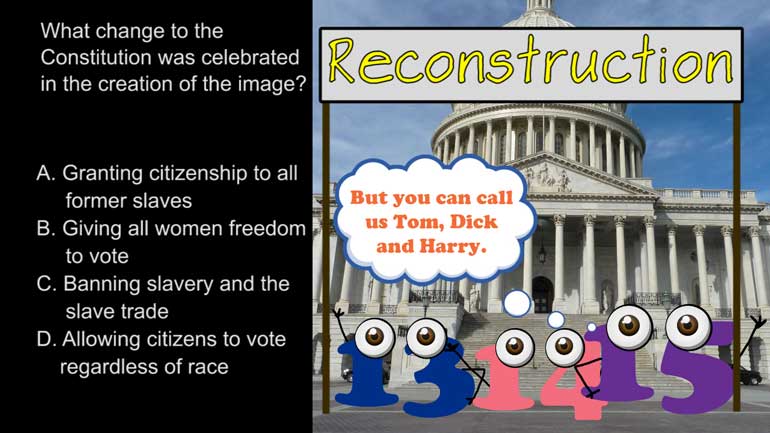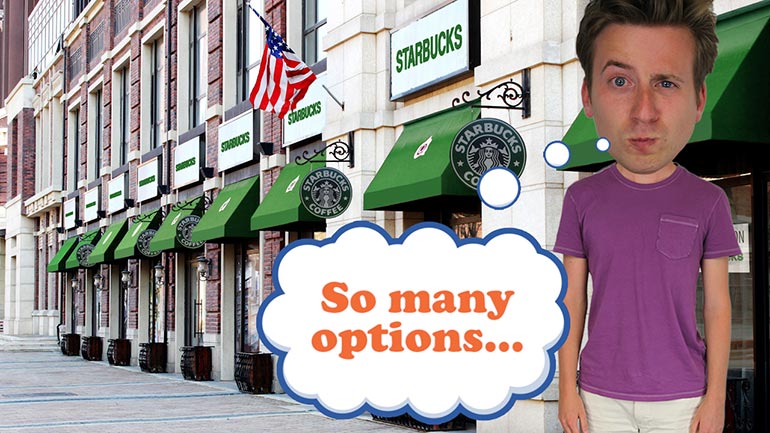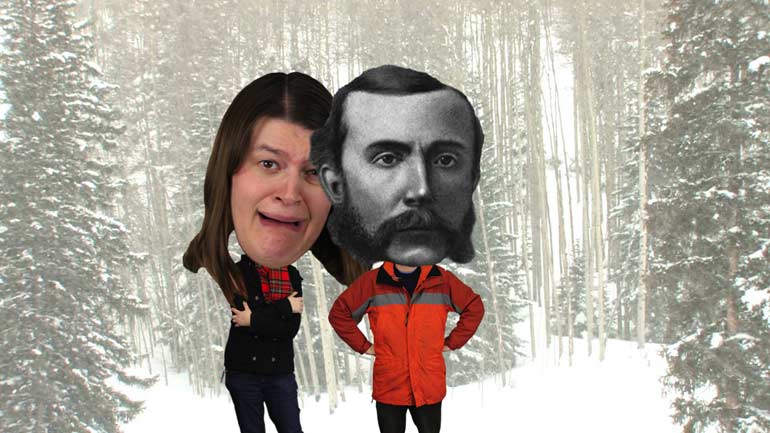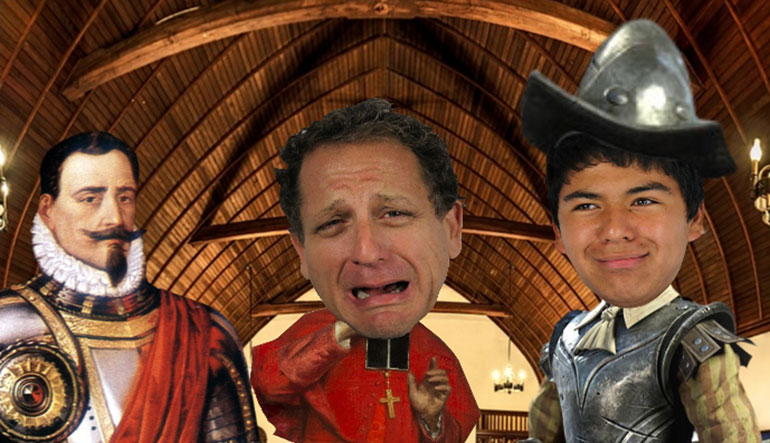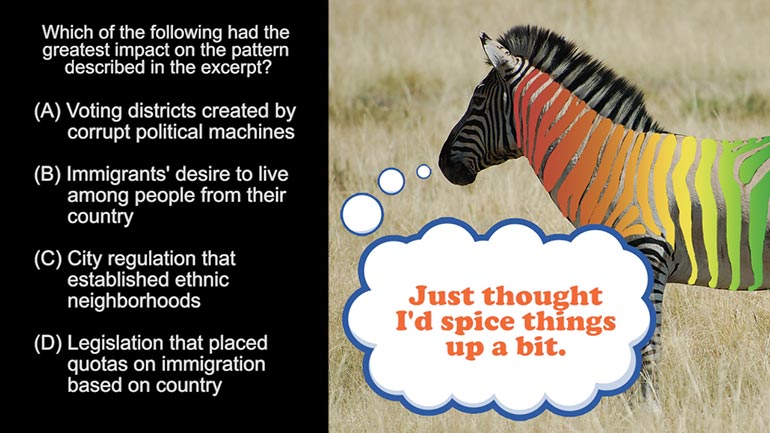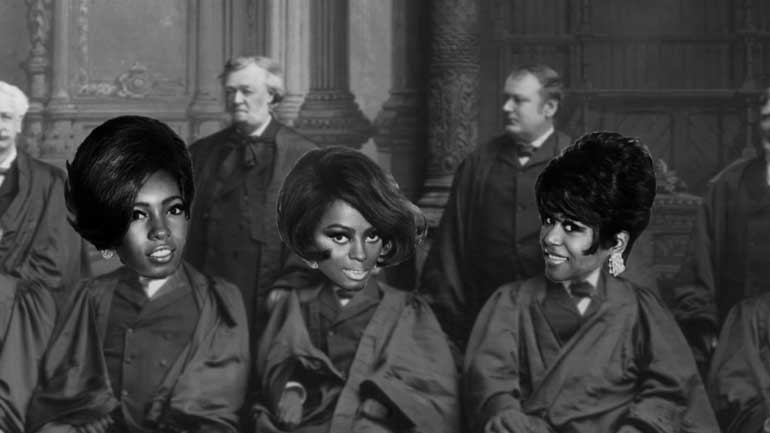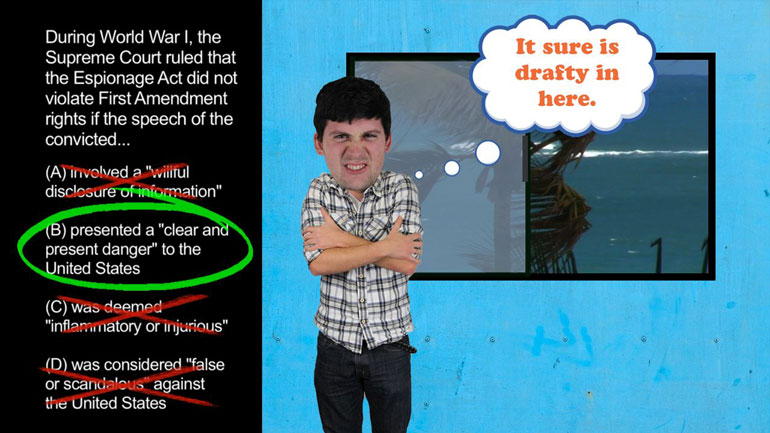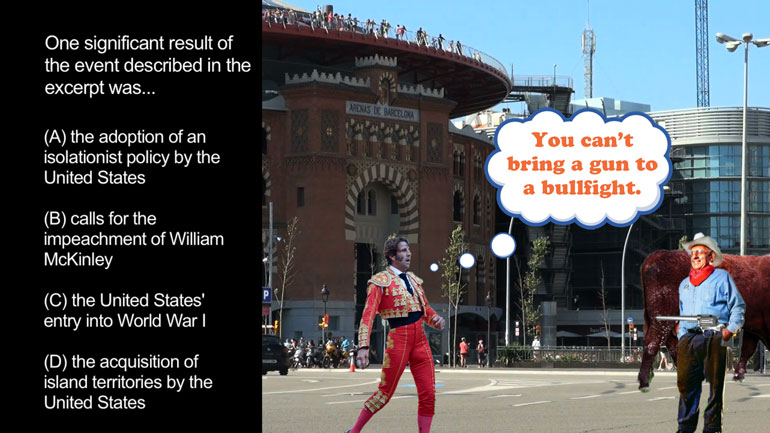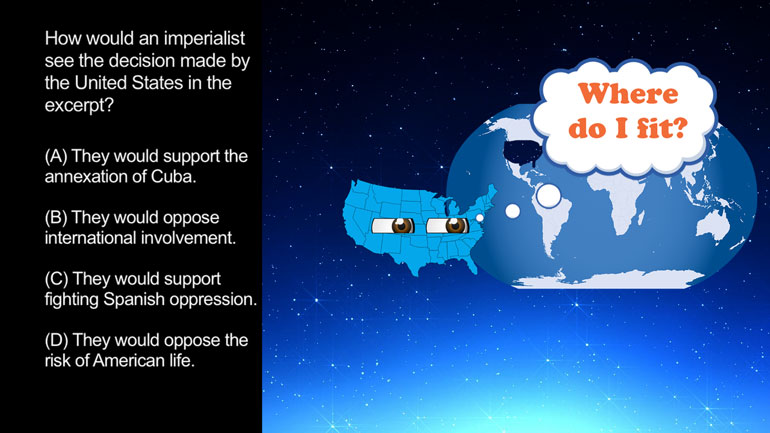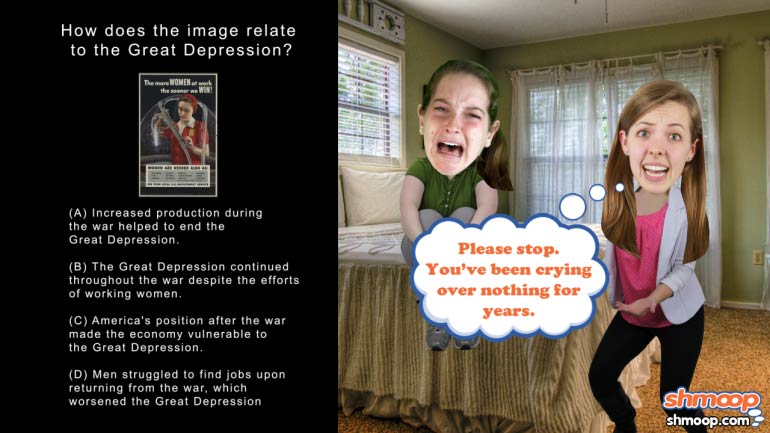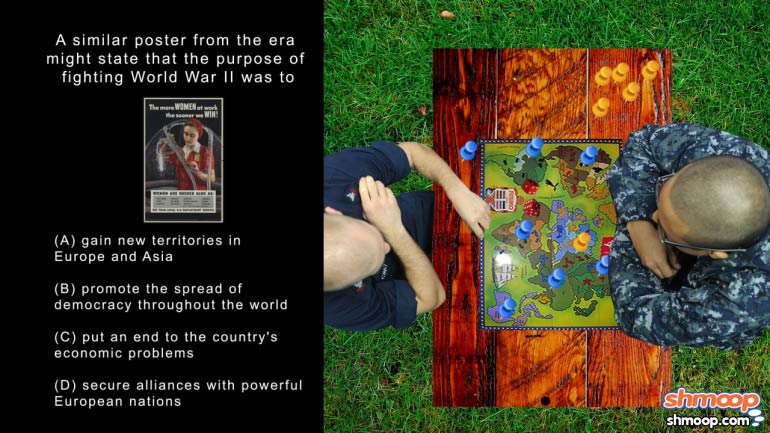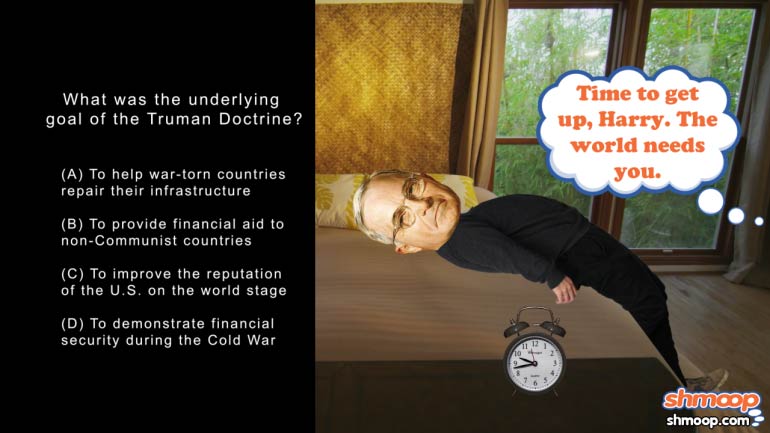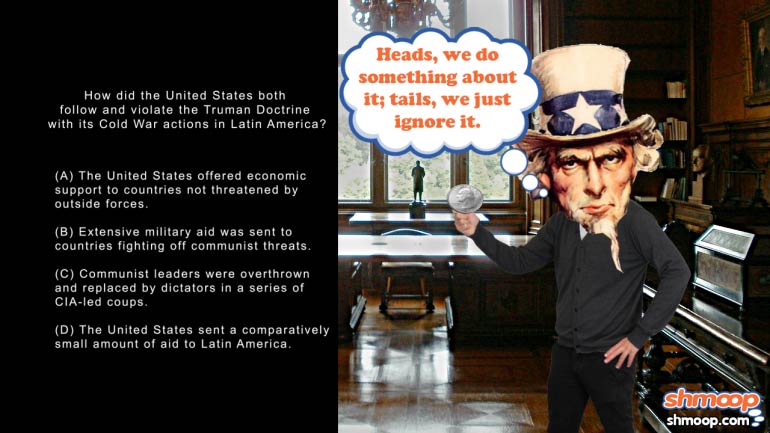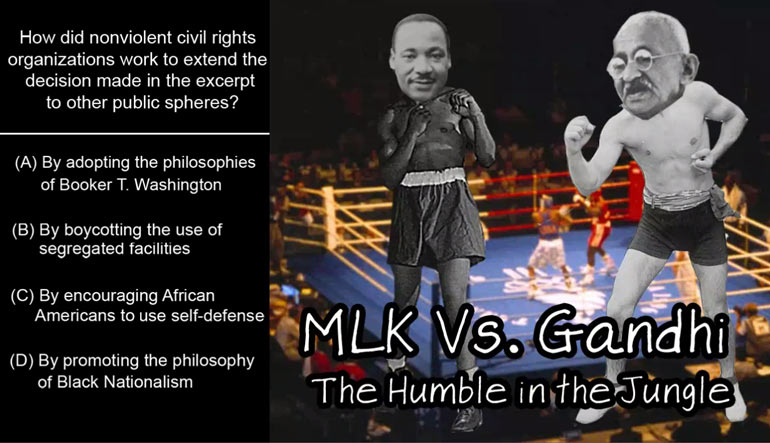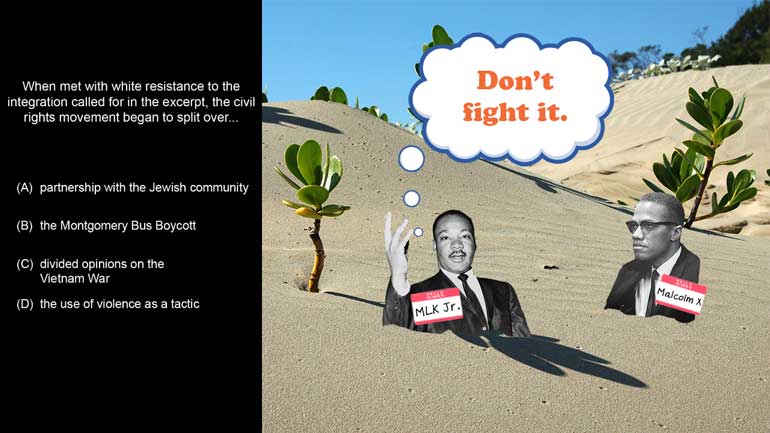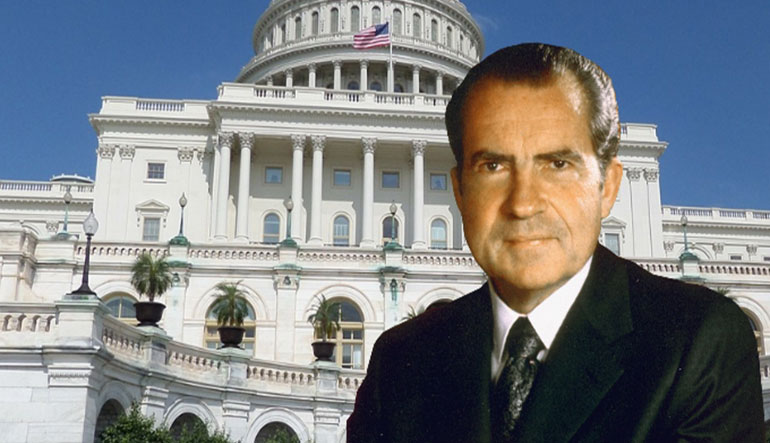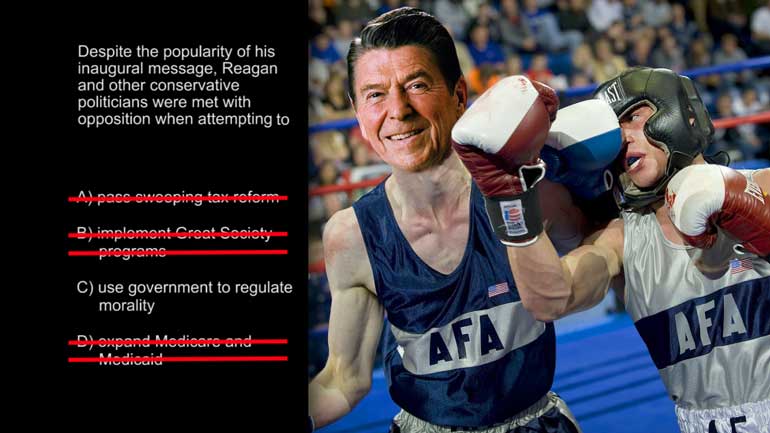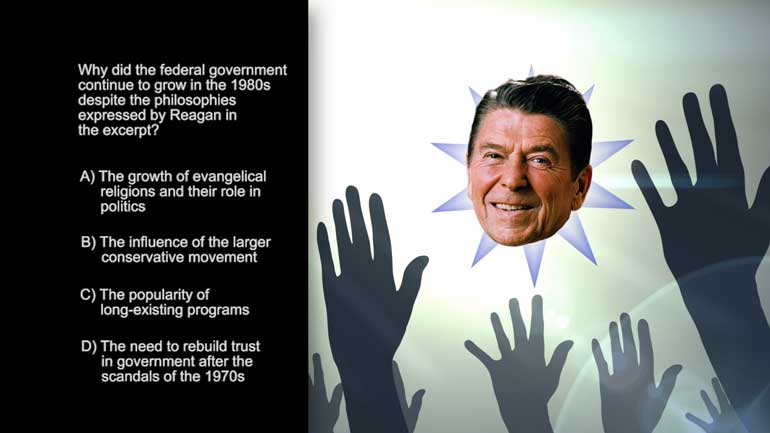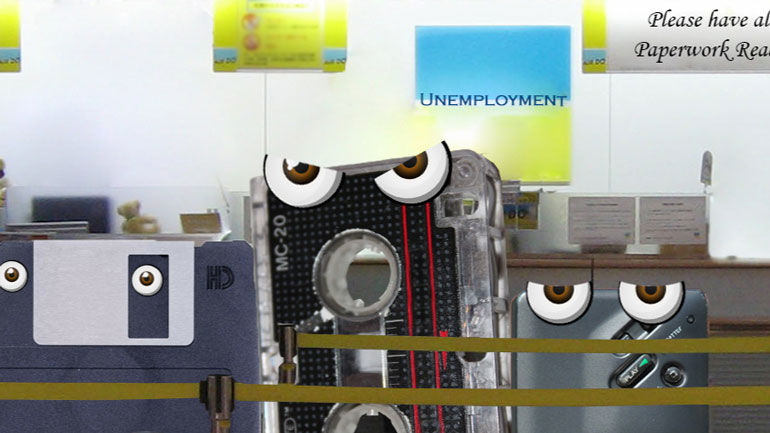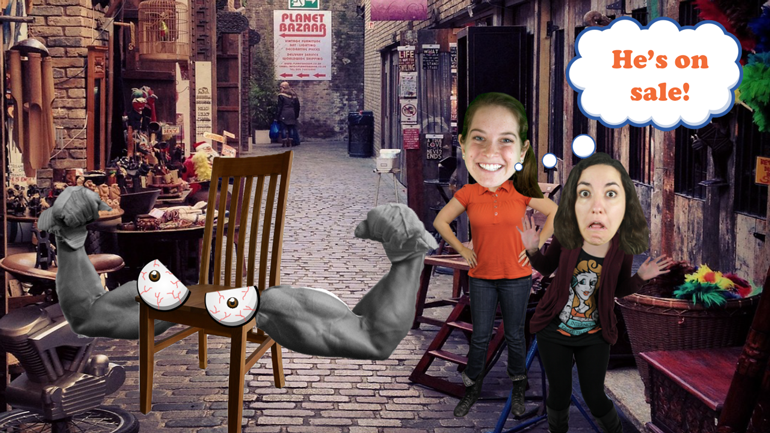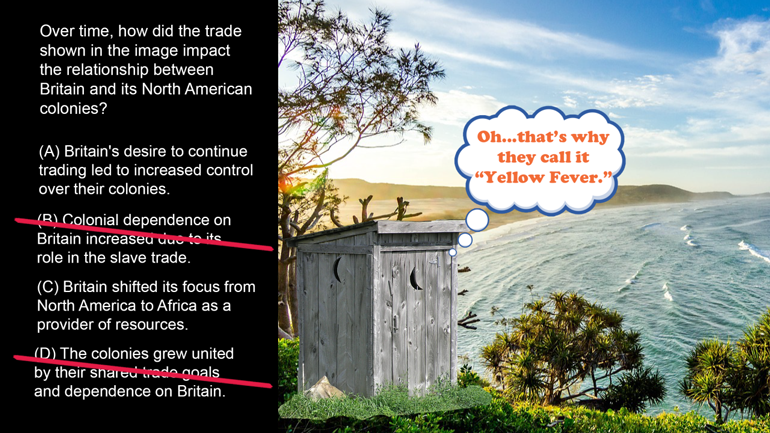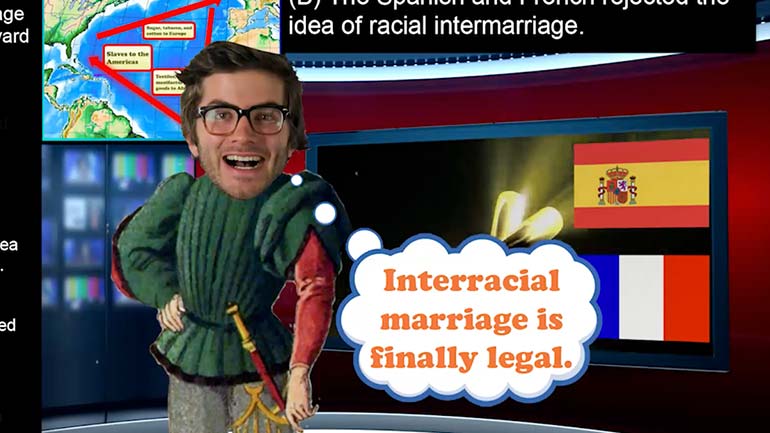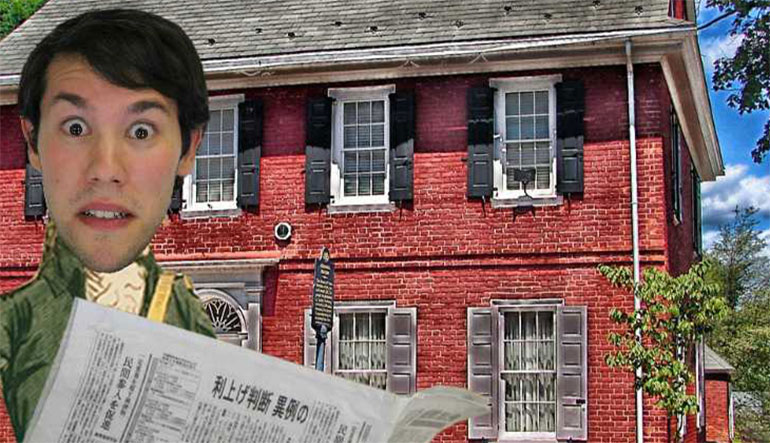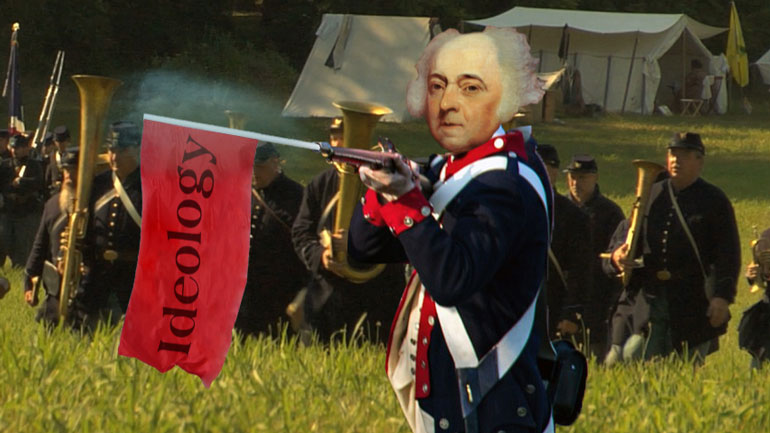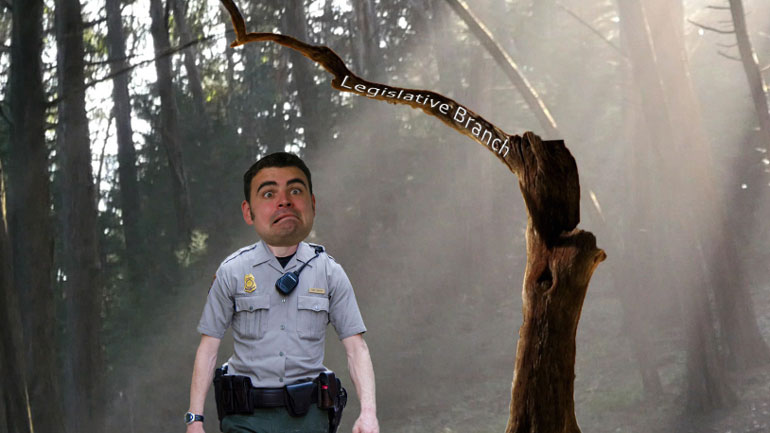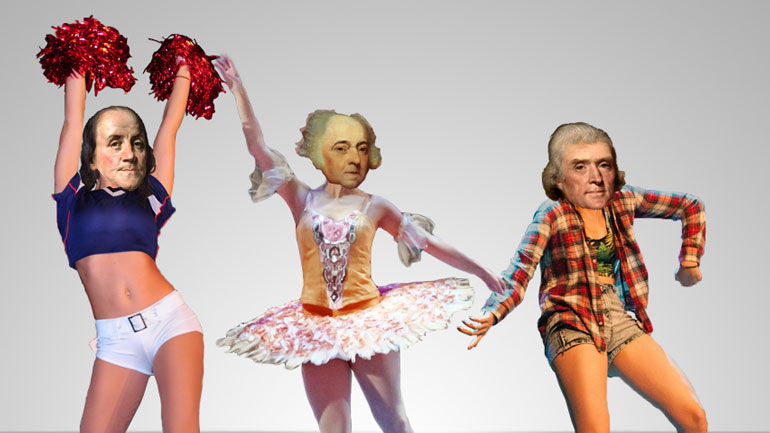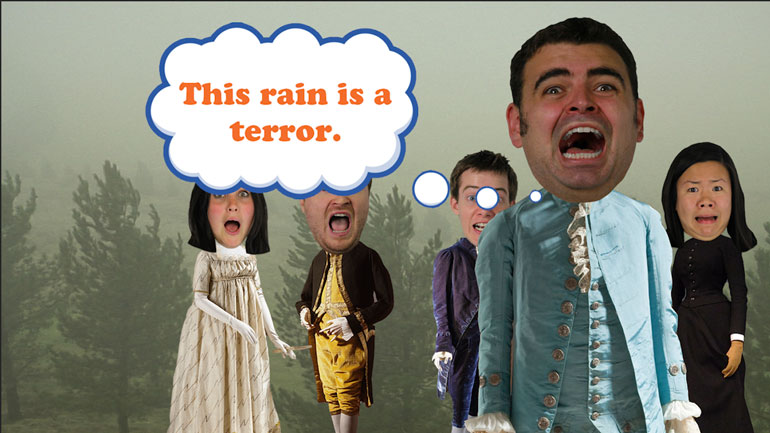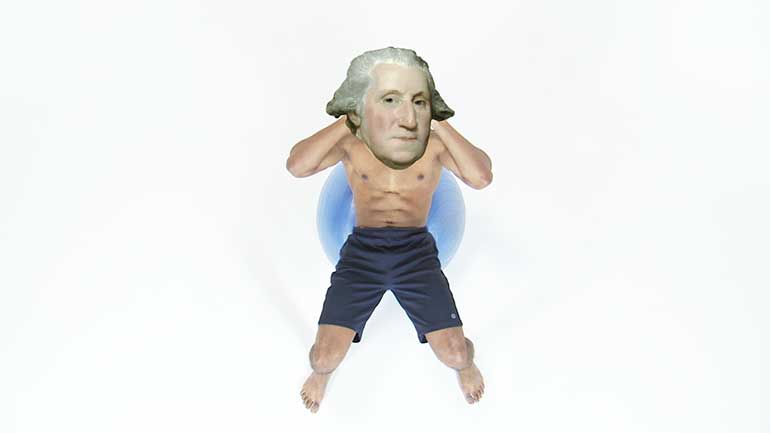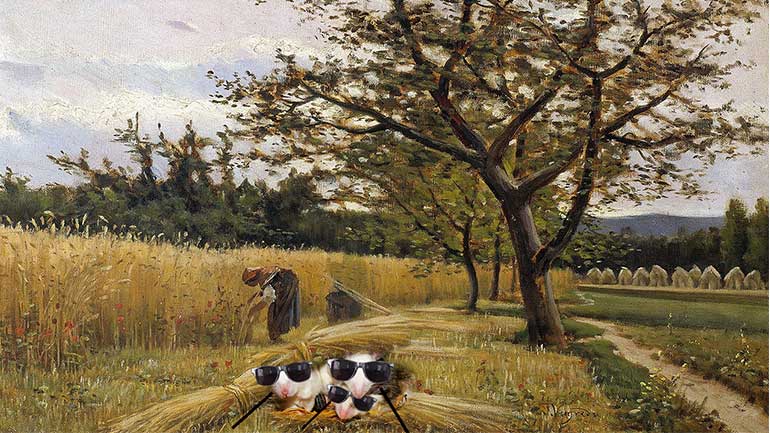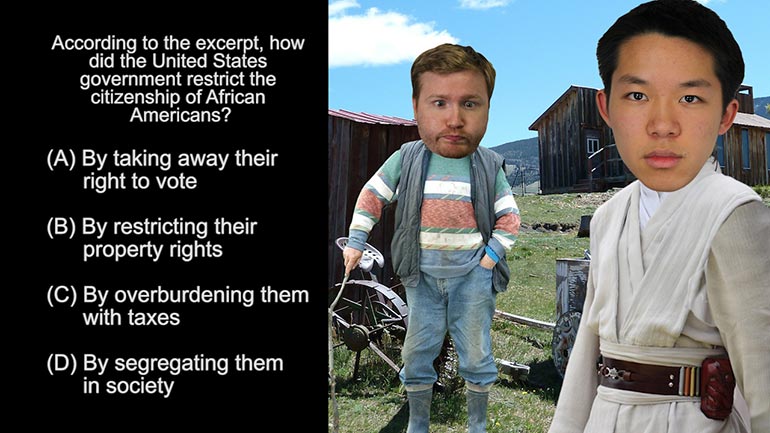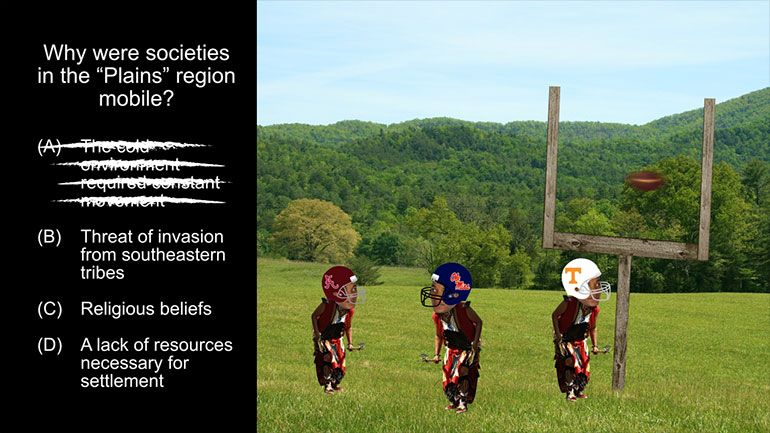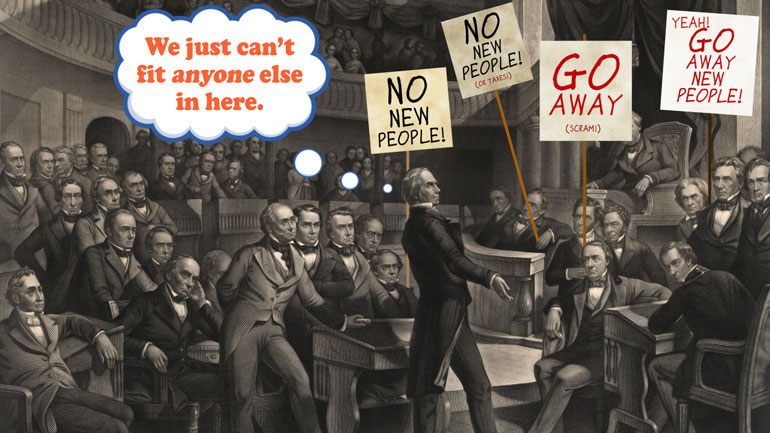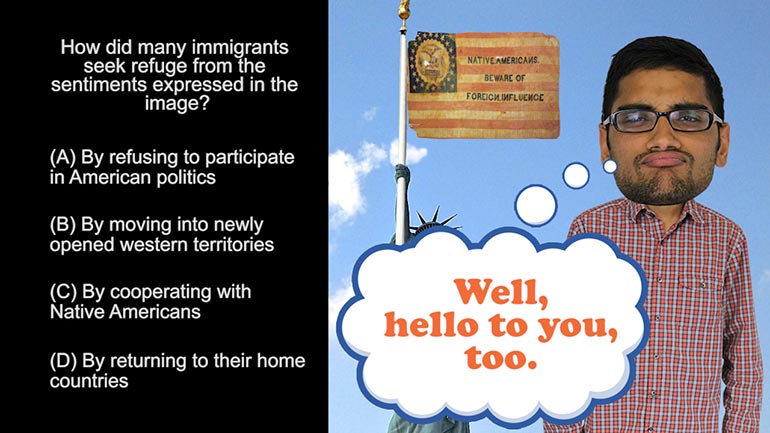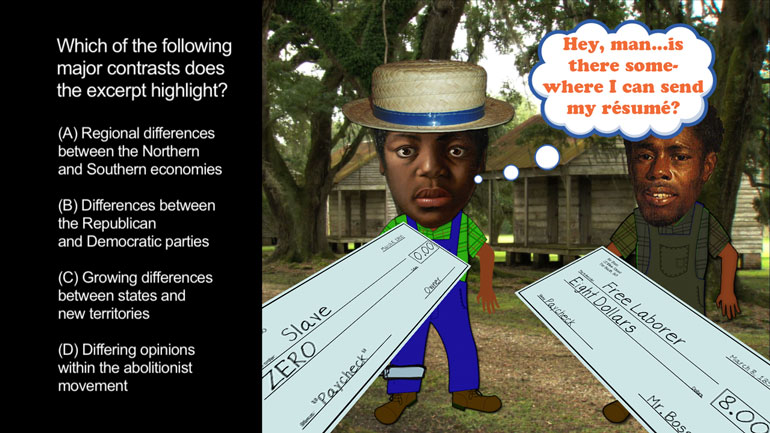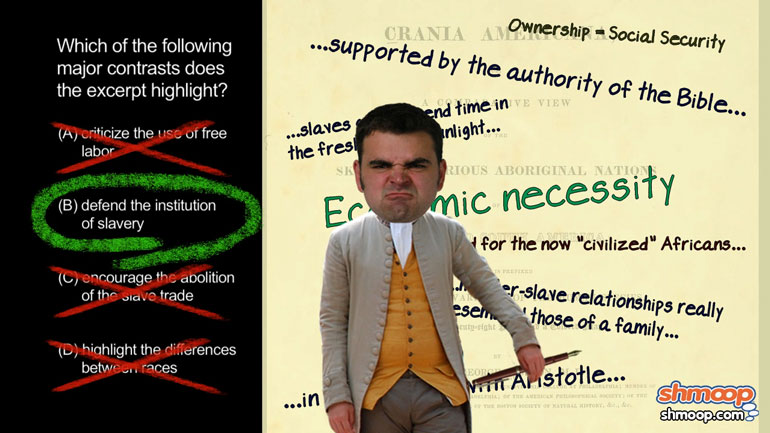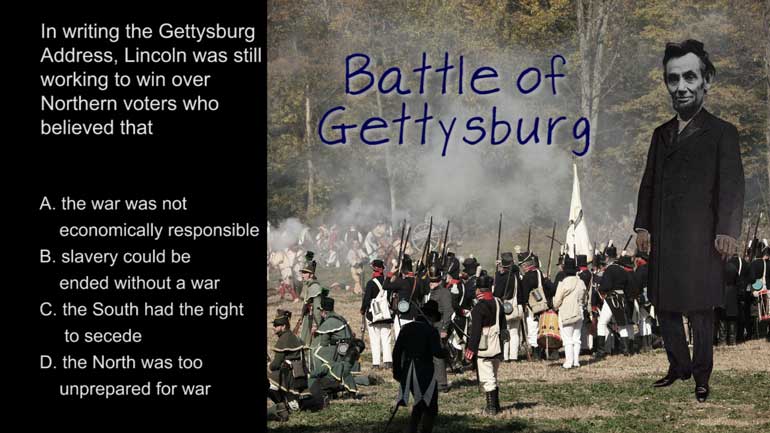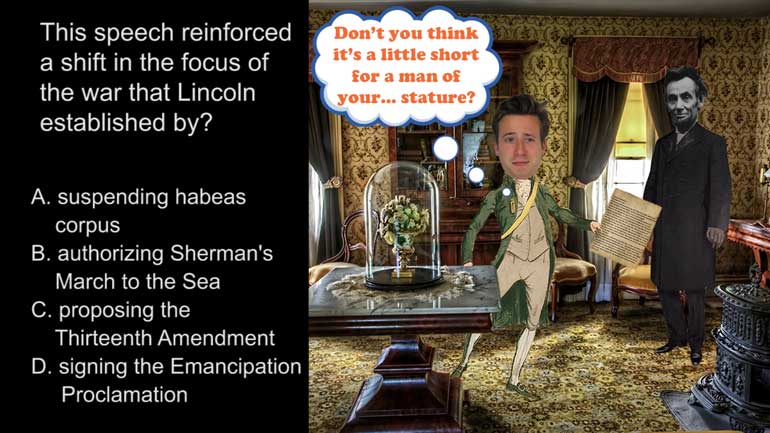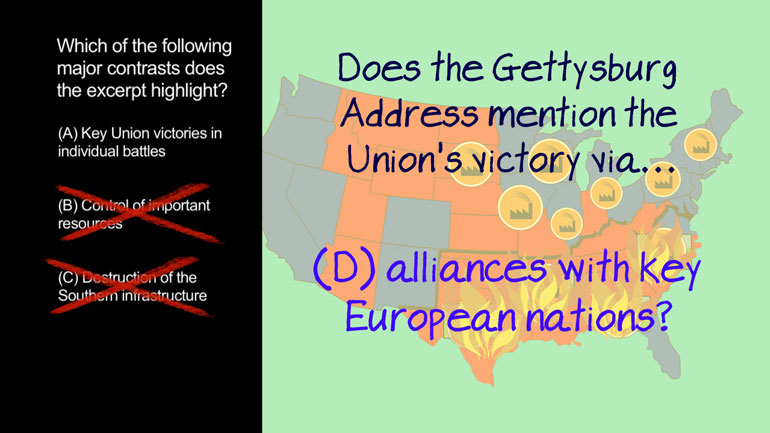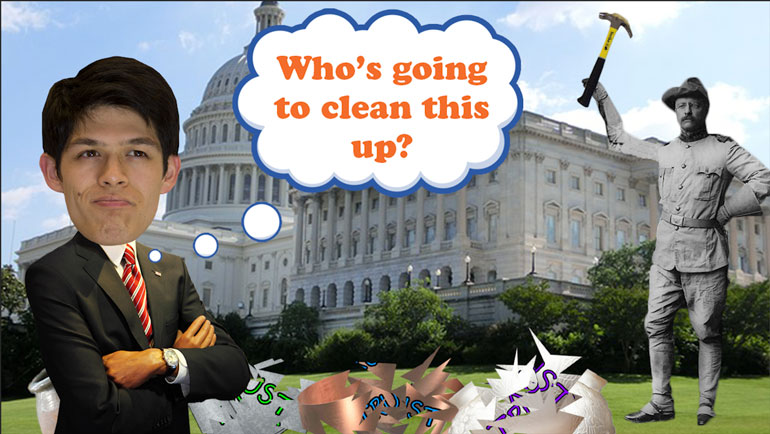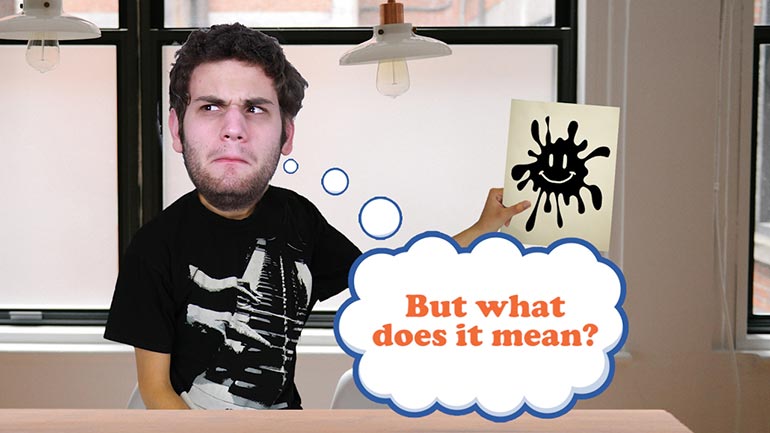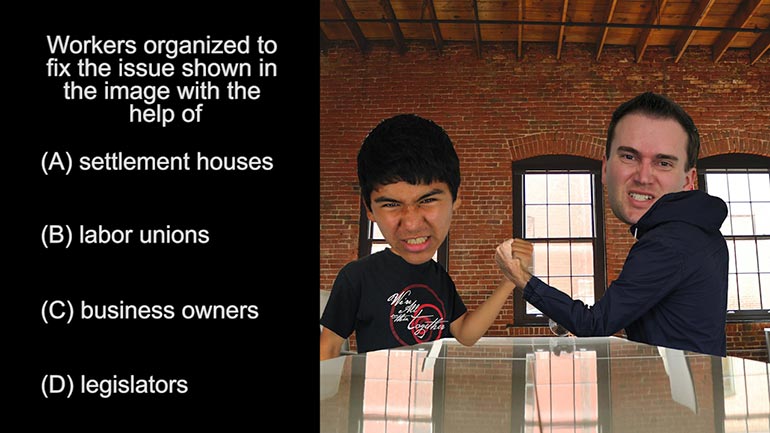ShmoopTube
Where Monty Python meets your 10th grade teacher.
Search Thousands of Shmoop Videos
Exam Videos 129 videos
AP U.S. History Exam 1.47. Which of the following was a legislative decision that secured the advancement of the civil rights addressed by the judi...
AP U.S. History Diagnostic 1. Relationships like the one shown in the image resulted in the development of...what?
AP U.S. History Diagnostic 15. How did groups like the ones represented by the image influence industry in America?
AP U.S. History Exam 2.25 212 Views
Share It!
Description:
AP U.S. History Exam 2.25. In writing the Gettysburg Address, Lincoln was still working to win over Northern voters who believed that...what?
Transcript
- 00:00
[ musical flourish ]
- 00:03
And here's your Shmoop du jour, brought to you by the Gettysburg Address,
- 00:07
1195 Baltimore Pike.
- 00:08
Yeah. That's the address. See in Google Maps? It's right there.
- 00:11
All right, first up, the excerpt.
Full Transcript
- 00:13
[ mumbles ]
- 00:18
Okay, and now the question:
- 00:20
In writing the Gettysburg Address, Lincoln was still working
- 00:22
to win over Northern voters who believed that... what?
- 00:26
Like, who wouldn't vote for Lincoln?
- 00:28
It's like not voting in Tom Brady to the Hall of Fame.
- 00:31
All right, and here are your potential answers.
- 00:32
[ mumbles ]
- 00:36
Okay. Well, Lincoln might have been at Gettysburg
- 00:39
to dedicate a cemetery to soldiers
- 00:42
killed a few months earlier,
- 00:44
but he used the opportunity to win over Northern voters,
- 00:47
particularly Democrats who were still skeptical of his leadership.
- 00:50
[ chuckles ] Talk about an uphill battle.
- 00:52
In the Gettysburg Address, was Lincoln focused on
- 00:54
winning over voters who believed that A -
- 00:56
the war was not economically responsible?
- 00:59
Well, actually, many voters believed the North to be in
- 01:01
a solid economic position to fight the war. So that knocks out A.
- 01:05
Was the Gettysburg Address intended to woo voters
- 01:08
who still thought that B - slavery could be ended without a war?
- 01:12
Well, in fact, these anti-Lincoln voters -
- 01:15
who are mostly Northern Democrats - were fully opposed to
- 01:17
the abolitionist movement. They had no desire to
- 01:20
end slavery whatsoever. Like what were they thinking?
- 01:23
All right, so B is out, as well.
- 01:25
Then was Lincoln using the speech to win over voters
- 01:28
who thought that D - the North was too unprepared for war?
- 01:32
Well, remember how voters thought that
- 01:33
the North had a solid economic advantage over the South?
- 01:36
Well, they also felt pretty confident about the North's military might.
- 01:40
Maybe too confident, though, given how long the war ended up lasting.
- 01:43
Which means that Lincoln used the Gettysburg Address
- 01:45
to win over Northern Democrats who believed that C -
- 01:48
the South had the right to secede.
- 01:50
Regardless of their differences, Lincoln wanted to convince his
- 01:52
political rivals that the government of the people, by the people,
- 01:55
for the people shall not perish from the earth.
- 01:58
All that to say the South had no right to secede
- 02:01
to begin with and political differences should be
- 02:04
worked out with the nation as a whole.
- 02:05
So C is the correct answer.
- 02:07
Despite Lincoln's best efforts, these Northern Democrats,
- 02:10
who referred to themselves as copperheads, like the snake,
- 02:13
slithered in the grass, waiting to poison his plan for peace.
- 02:17
[ sigh ]
Related Videos
Ever heard of a "living document"? They eat and breathe just like the rest of us! They even walk around on their own two legs. Okay, fine—maybe t...
If the Puritans had gotten their way, religion would play a much larger role in lawmaking these days. Want to know more? Watch the video for all th...
What happened between the creation of the Articles of Confederation and the ratification of the current U.S. Constitution? This video analyzes the...
The Modernists thought the world had a lot of problems, and they were intent on fixing them—or at least talking about fixing them. Unfortunately,...
This video explains Federalism and the quest for a fair balance between state and national power. It covers the progression and compromises of Fede...
